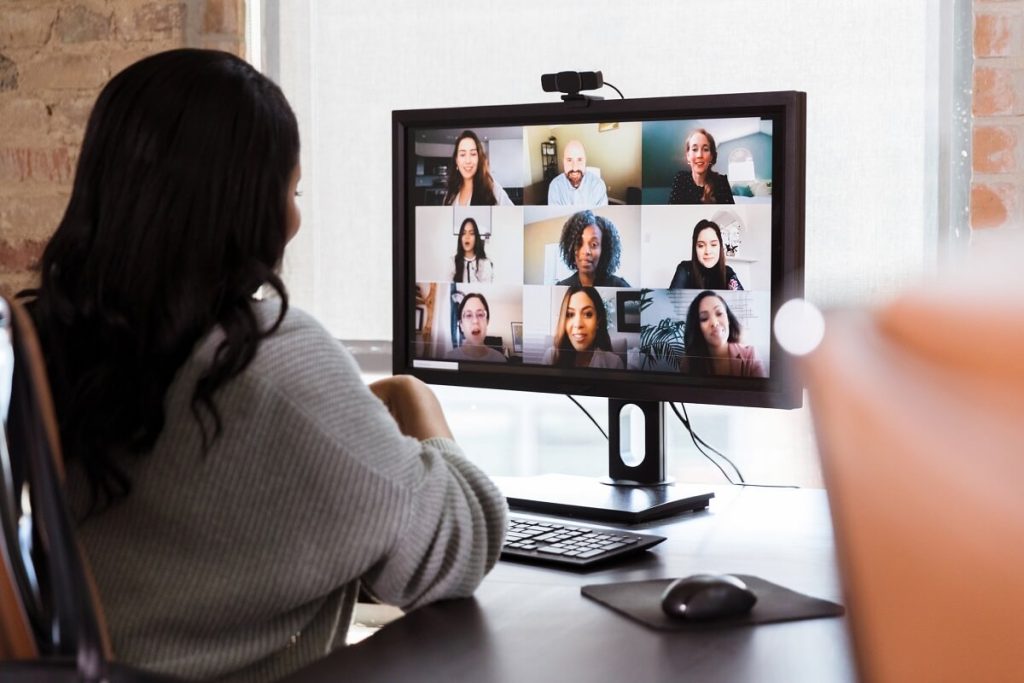In today’s digital age, protecting your home office is crucial. Learn how to shield your workspace from cyber threats and safeguard sensitive information.
Introduction: Why Cybersecurity Matters for Your Home Office
With the rise of remote work, home offices have become prime targets for cybercriminals. A secure home office not only protects your sensitive work data but also safeguards your personal information. This comprehensive guide will walk you through actionable tips to enhance your home office security, combining both digital and physical strategies.

Securing Your Home Network
Change Default Router Settings
Your router serves as the gateway to your home network. Start by replacing the default login credentials with a strong, unique password that combines uppercase and lowercase letters, numbers, and symbols.
Enable WPA3 Encryption
Ensure your Wi-Fi network uses WPA3 encryption, the latest and most secure protocol. This makes it significantly harder for unauthorized users to access your network.
Keep Router Firmware Updated
Manufacturers release firmware updates to patch vulnerabilities. Check for updates regularly and apply them promptly to keep your network secure.
Set Up a VPN for Enhanced Privacy
Using a Virtual Private Network (VPN) encrypts your internet traffic, making it almost impossible for hackers to intercept your data. Choose a trusted VPN provider with a no-logs policy to ensure maximum privacy.
Protecting Connected Devices
Install Antivirus Software
Equip all devices with reliable antivirus software to detect and neutralize malware, ransomware, and phishing attempts.
Enable Automatic Updates
Outdated software is a common vulnerability. Turn on automatic updates for operating systems and applications to stay protected against the latest threats.
Leverage Two-Factor Authentication (2FA)
Two-factor authentication adds an extra layer of security to your accounts. Use 2FA apps or SMS verification to keep unauthorized users at bay.
Data Encryption for Maximum Security
Encrypt Local Files
Tools like BitLocker (Windows) and VeraCrypt offer strong encryption for sensitive files stored on your computer.
Opt for End-to-End Encrypted Cloud Storage
If you use cloud services, choose providers that implement end-to-end encryption. This ensures data remains secure during transfer and storage.
Physical Security Measures
Optimize Workspace Placement
Position your desk and screens away from windows to prevent onlookers from viewing sensitive information.
Use Privacy Screens
Privacy screens reduce visibility from side angles, keeping your monitor’s contents private in shared spaces.
Secure Physical Documents
Store sensitive physical documents in a lockable filing cabinet. This prevents unauthorized access to critical information.
Install Security Cameras
Setting up surveillance cameras around entry points can deter intruders and help monitor for suspicious activity.
Regular Security Audits
Perform Routine Checks
Regularly review your home office for outdated software, unsecured devices, and weak passwords.
Monitor Network Activity
Tools like Wireshark can help track unusual network activity, allowing you to detect potential breaches early.
Create a Security Checklist
Compile a list of security protocols and review them monthly. Stay proactive to identify and mitigate vulnerabilities.
Staying Vigilant in a Changing Cyber Landscape
As cyber threats evolve, staying informed about new risks and solutions is vital. Subscribe to cybersecurity newsletters, attend webinars, and consider consulting professionals for advanced security needs.
FAQs
1. Why is cybersecurity important for a home office?
Cybersecurity protects sensitive work and personal data from hackers, safeguarding your privacy and preventing potential financial or reputational damage.
2. What is the role of a VPN in home office security?
A VPN encrypts your internet traffic, making it difficult for hackers to access your data. It also masks your IP address for added privacy.
3. How can I secure my physical workspace?
Use privacy screens, position your desk away from windows, store sensitive documents in locked cabinets, and consider installing security cameras.
4. What steps should I take to secure my Wi-Fi network?
Change the default router password, enable WPA3 encryption, update router firmware regularly, and consider setting up a guest network for visitors.
5. How often should I conduct security audits?
Conduct a thorough review of your home office security setup at least once a month to identify and fix vulnerabilities promptly.




